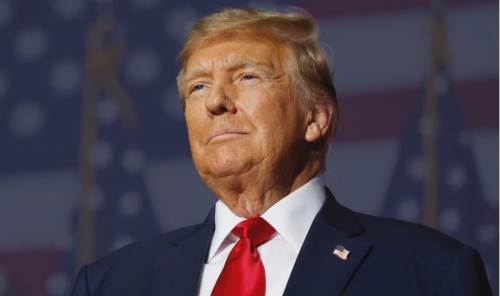Trump’s Mega-Bill: Key Claims Under Scrutiny as Critics Raise Economic Concerns
TDT | Manama
Email : editor@newsofbahrain.com
President Donald Trump’s flagship legislative package—dubbed the “big beautiful bill”—has ignited intense debate across party lines, with Democrats and even some Republicans raising concerns over its financial implications, tax impacts, and proposed welfare changes.
The bill is being positioned by the White House as a boost to economic growth and a safeguard against tax hikes, but independent experts warn it could significantly widen the national deficit, cut healthcare coverage, and shift tax benefits toward the wealthy.
📉 Will the Bill Cut or Expand the Deficit?
While the administration claims the legislation will reduce the national deficit by over $2 trillion, multiple independent analyses project the opposite. Estimates from official sources forecast the bill could add over $3.3 trillion to the deficit in the next decade.
The projected rise is primarily attributed to the bill’s deep tax cuts, which are expected to outweigh proposed spending cuts. Analysts suggest that although there may be a short-term economic uplift, long-term effects could include higher national debt, rising interest rates, and reduced investment in critical sectors.
🏥 Impact on Medicaid: Deep Cuts Expected
Despite assurances from President Trump that Medicaid “is left the same,” independent health policy groups estimate up to $1 trillion in Medicaid cuts over the next ten years.
These changes would likely affect millions of low-income Americans who depend on Medicaid for healthcare services. Official projections indicate nearly 12 million people could lose coverage by 2034, though the administration argues some of these would be individuals without legal status.
💰 Taxes: Who Gains and Who Pays More?
A major talking point for the administration has been the claim that the bill prevents a 68% tax hike. However, experts note that the actual average increase, if previous tax cuts expire without renewal, would be closer to 7.5%.
The legislation aims to extend and expand tax cuts first introduced in 2017. Yet, studies show the majority of benefits would go to higher-income earners, with over 60% of the tax relief going to individuals earning above $217,000 annually.
Critics argue the bill promotes an upward redistribution of wealth at the expense of lower-income Americans.
Related Posts

